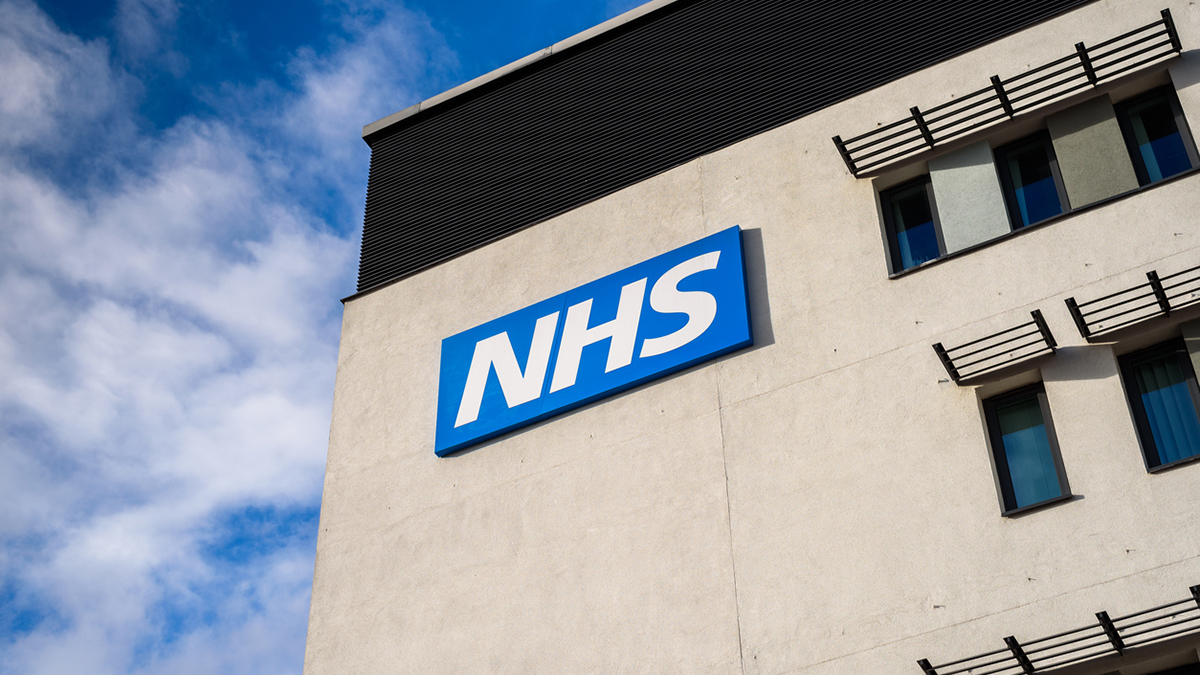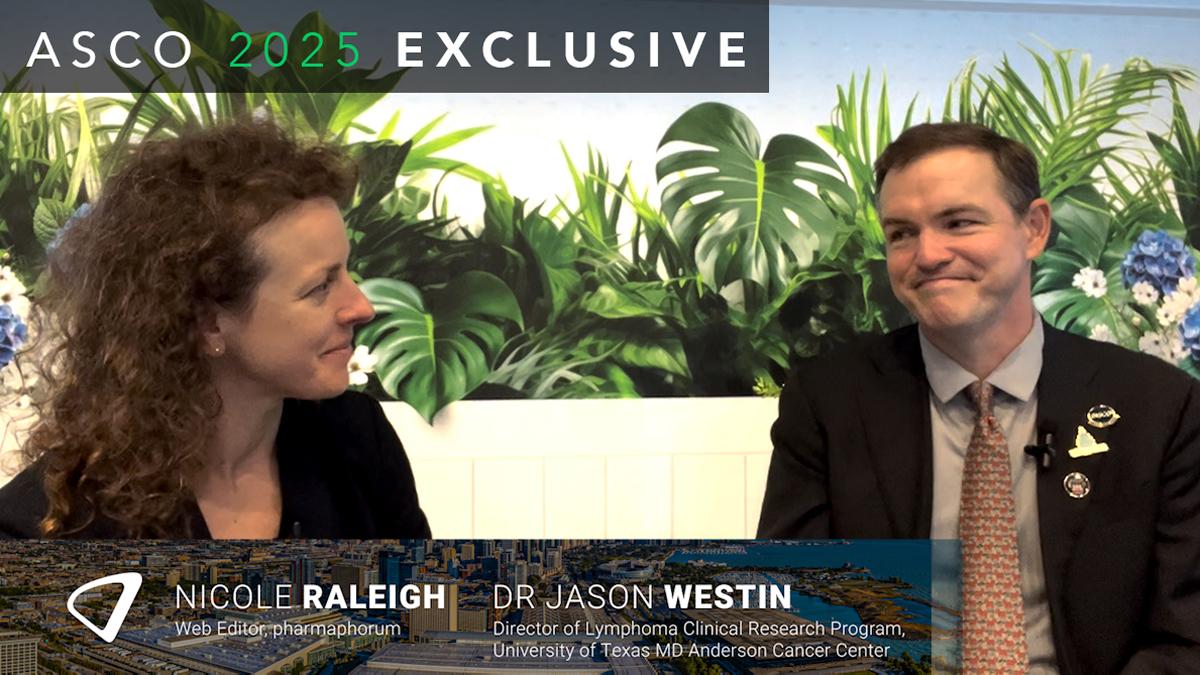Ahead of the curve

Pharma often criticises the NHS for failing to adopt the latest therapies, arguing that NICE’s technology appraisals can drag on and that hospitals often fail to provide the recommended therapies anyway.
However in the case of CAR-T therapies, it seems that it has responded to the criticism – at least in part, anyway.
Chimeric antigen receptor T-cell (CAR-T) therapies from Novartis and Gilead were approved by the European regulators in August – and the NHS was quick to strike deals to make them available to patients in England.
At the end of August, the European Commission approved Kymriah in children and young adults aged up to 25 with refractory acute lymphoblastic leukaemia (ALL), in relapse post transplant or in second or later relapse.
Within days the NHS had announced a deal with Novartis giving paediatric patients access to its CAR-T, Kymriah (tisagenlecleucel).
And although Gilead’s CAR-T, approved for adults with relapsed or refractory large cell lymphoma, was initially rejected by NICE, the manufacturer has managed to strike a deal with the NHS to allow patients access with reimbursement from the Cancer Drugs Fund.
Novartis’ CAR-T has been rejected by NICE in its adult indication, but this could well change if the Swiss pharma strikes a similar deal.
Horizon scanning
What stands out about the CAR-T story is that NHS officials saw that these therapies were heading to market quickly, after regulators allowed them to be approved on the basis of smaller trials, something that was possible because the therapies can be very effective in the patients that respond.
NHS chief executive Simon Stevens publicly said that getting CAR-Ts to patients is a priority – even though they are costly to manufacture, and patients need intensive monitoring to ensure they do not develop the fearsome side-effects associated with the therapy.
At Kisaco Research’s Combined CAR-T conference in Berlin earlier this year, experts revealed how the NHS had already begun to develop specialist centres capable of providing the therapies.
And a mock assessment by cost-effectiveness experts prior to approval had already indicated that the therapies could be good use of NHS resources, despite their high costs.
The NHS has built on this and is working on further CAR-T centres at hospitals across the country.
Speaking after the latest deal with Gilead, Stevens said: “CAR T-cell therapy is one of the most promising new treatments in a generation for lymphoma and leukaemia, and NHS patients will now be among the first in the world to benefit.”

Dr Alasdair Rankin, director of research and patient experience at the blood cancer charity Bloodwise, said: “CAR-T therapies have shown huge promise in treating patients with lymphoma who have no other chance of cure. It’s admirable that the NHS and the pharmaceutical company have worked hard to make this pioneering treatment available so quickly, giving hope to current patients and their families.”
But as Bloodwise’s Rankin points out, getting reimbursement in place is just a first step – the experience in the US shows that despite all the prep work by hospitals, getting the therapies to patients is still a logistical challenge.
The manufacturing process involves taking a patient’s own T-cells, sending them to a lab where they are genetically modifies, before sending them back to the patient where they are re-injected to fight the cancer.
Financial results from Novartis and Gilead, and anecdotal evidence, suggests that only a few patients have received the therapies outside of clinical trials as hospitals struggled through a backlog of eligible patients.
Rankin said in a statement: “The next big challenge for the NHS will be to deliver this new and complex treatment on a scale that ensures access for the hundreds of patients with these lymphomas who could benefit from CAR-T therapy each year.
Off-the shelf
The challenges posed by CAR-T therapies are immense – but the good news is that scientists are working on ‘off-the-shelf’ drugs that are made from banks of cells and can be administered to many different patients.
These therapies promise to have similar efficacy to CAR-T, but at a fraction of the price and without the costly and time consuming electrophoresis process used to harvest the T-cells.
At the CAR-T Congress earlier this year, researchers at MD Anderson Cancer Center at the University of Texas estimated that ‘off-the-shelf’ therapies derived from natural killer (NK) cells could be made available at 1% of the cost of CAR-T cells.
CAR-NK cells would be derived from cord blood, allowing them to be stored in banks and used on several patients, vastly reducing manufacturing expenses.
There is also the possibility that future cell therapies could target solid tumours, something that is not possible with Kymriah or Yescarta.
These therapies are not able to target the antigens present on solid tumours, and the CAR-T cells are not tough enough to infiltrate tumours.
Kymriah and Yescarta are just the start – whether the NHS is agile enough to keep pace with cell therapies for cancer and other diseases as they are developed remains to be seen.
Bloodwise’s Ranking concluded: “It is likely that we are only beginning to see the benefits that CAR-T therapy can bring. Treatments will continue to improve and become more effective over the coming decade and will benefit patients with other types of cancer.”













